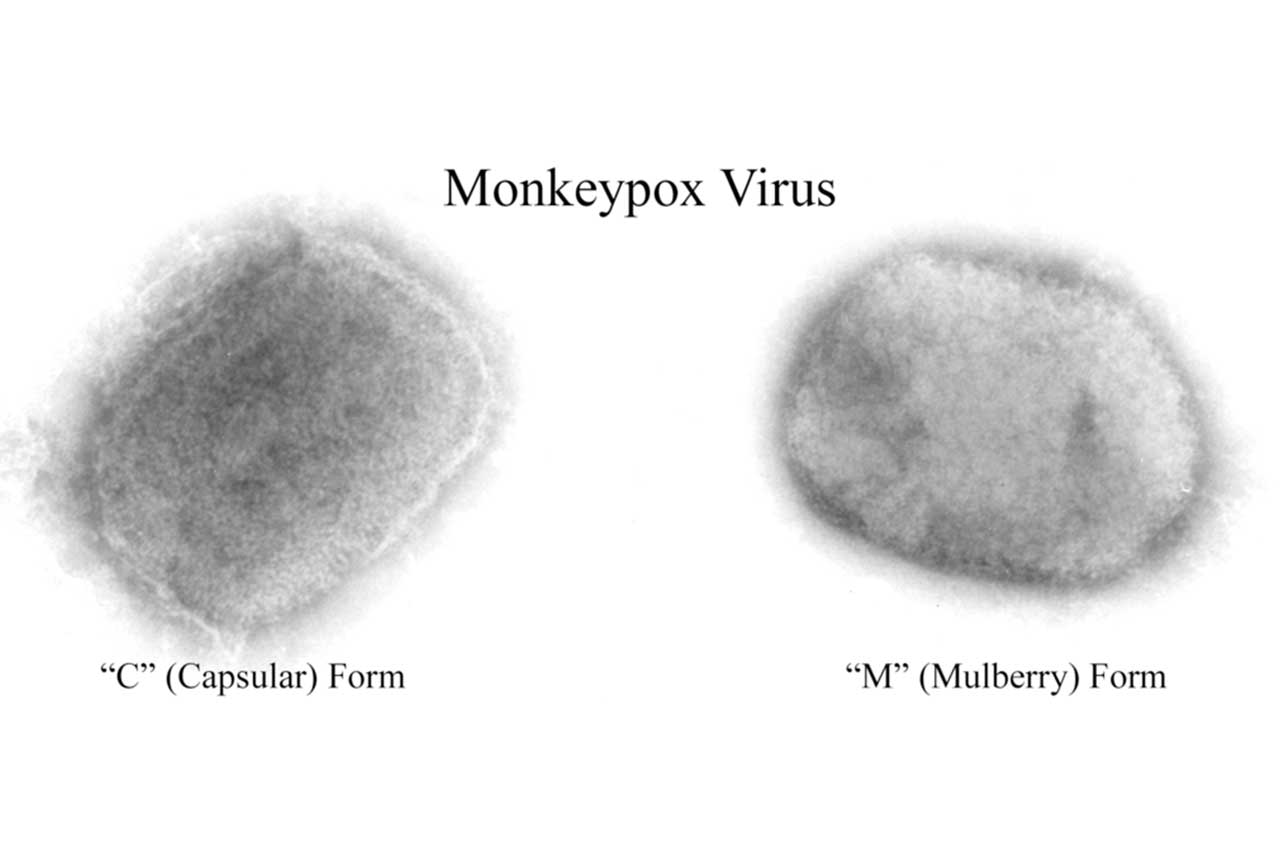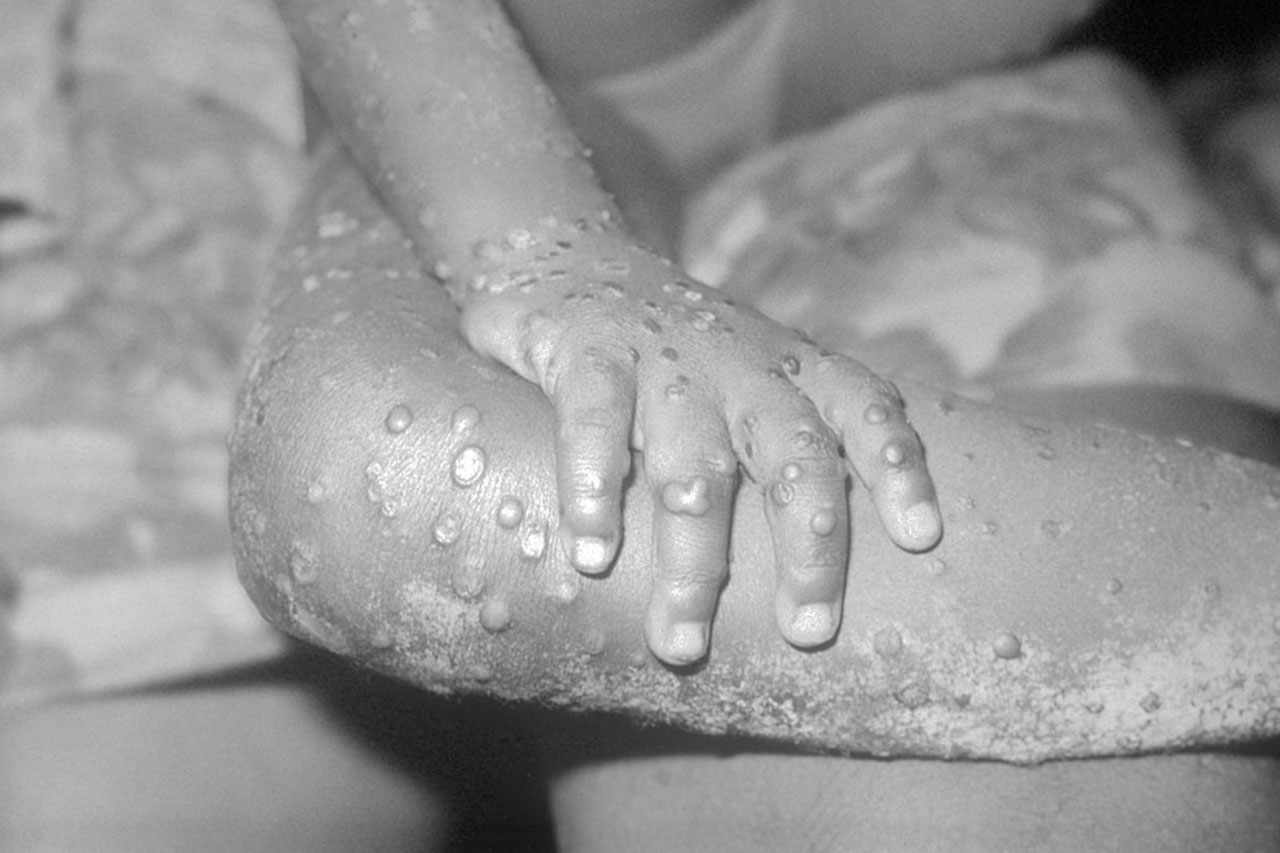
Author CDC/ Cynthia S. Goldsmith, Inger K. Damon, and Sherif R. Zaki
In a US government lab in Bethesda, Maryland, virologists plan to equip the strain of the monkeypox virus that spread globally this year, causing mostly rash and flulike symptoms, with genes from a second monkeypox strain that causes more serious illness. Then they’ll see whether any of the changes make the virus more lethal to mice. The researchers hope that unravelling how specific genes make monkeypox more deadly will lead to better drugs and vaccines. www.science.org/content/article/u-s-weighs-crackdown-experiments-could-make-viruses-more-dangerous?
Some scientists are alarmed by the planned experiments, which were first reported by Science. If a more potent version of the outbreak strain accidentally escaped the high-containment, high-security lab at the National Institute of Allergy and Infectious Diseases (NIAID), it could spark an “epidemic with substantially more lethality,” fears epidemiologist Thomas Inglesby, director of the Center for Health Security at the Johns Hopkins University Bloomberg School of Public Health. That’s why he and others argue the experiments should undergo a special review required for especially risky US-funded studies that might create a pathogen that could launch a catastrophic pandemic.
But it’s not clear that the rules apply to the proposed study. In a 2018, a safety panel determined it was exempt from review. Monkeypox did not meet the definition of a “potential pandemic pathogen” (PPP), the panel decided, because it didn’t spread easily. Now, with monkeypox widespread, the National Institutes of Health (NIH) is planning to re-examine the work, but it still might not qualify as “enhancing” a PPP, the agency says. That’s because the study will swap natural mutations, not create new ones, so it is not expected to create a monkeypox strain more virulent than the two already known.
The monkeypox controversy marks just the latest flare-up in a decade-old debate over exactly when a study that alters a pathogen is too risky for the US government to fund—and who should have the power to decide. That wrangling became especially ferocious over the past 2 years, as the COVID-19 pandemic spawned allegations, so far unproven, that SARS-CoV-2 escaped from a laboratory in China. Now, in the pandemic’s wake, the US government appears poised to make sizable changes to how it manages so-called GOF studies that tweak pathogens in ways that could make them spread faster or more dangerous to people.
Last month, an expert panel convened by NIH and its parent agency, the Department of Health and Human Services (HHS), released a draft report that recommends the GOF rules be broadened to include pathogens and experiments that are exempt from the current scheme. If the recommendation is adopted—which could come next year—the monkeypox study could come under tighter scrutiny. And other researchers working with viruses such as Ebola, seasonal flu strains, measles, and even common cold viruses could face new oversight and restrictions.





